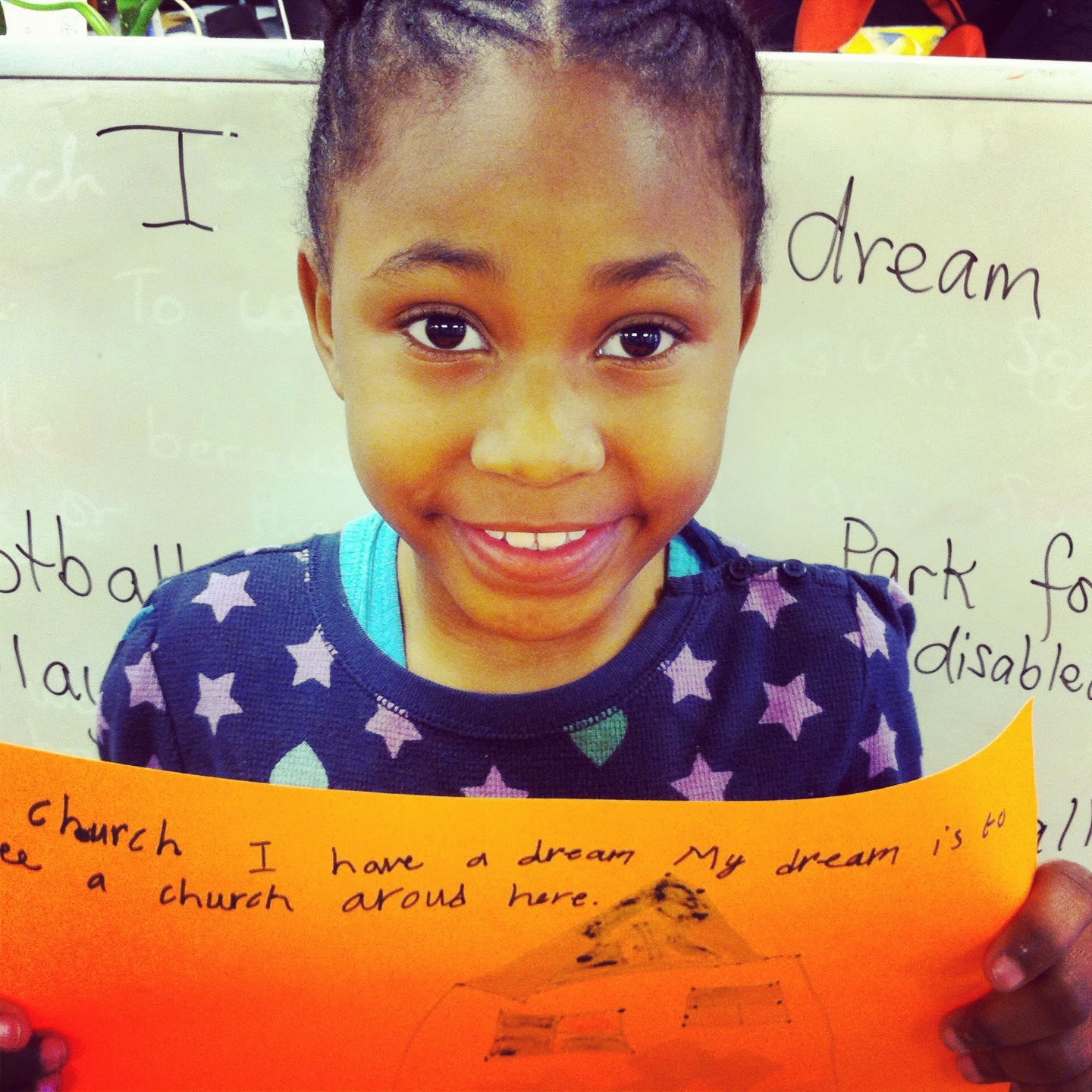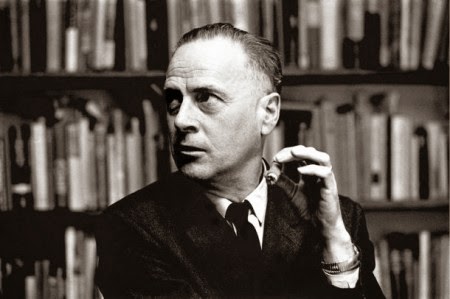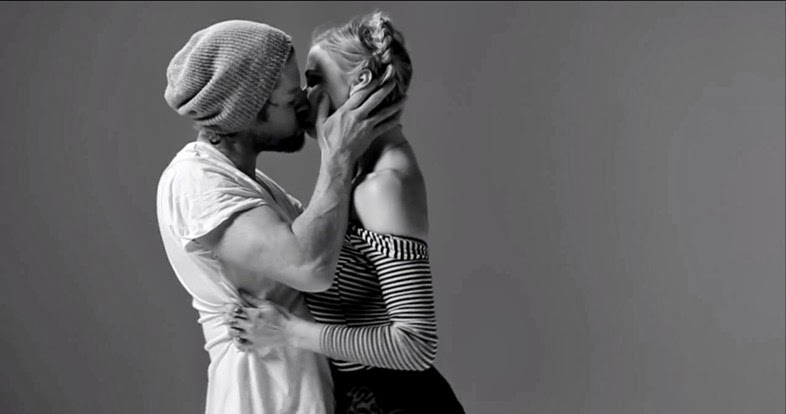EDITORIAL
Last week Taiwan joined the wave of students protests around the world, as Venezuela enters the 8th continuous week of protests after facing another devaluation of its currency -while violence and repression stand still. These is what constitutes our News section. In Culture & Entertainment, the best sentences in fiction and non-fiction compiled by the editors at The American Scholar magazine; in Design, Business & Innovation, Facebook splurging billions to buy Oculus Rift made the headlines, as well as the success of the online language learning app Duolingo; In Dog We Trust share with us a way to watch, talk and play with your pet from your smartphone; and finally, in Our Weekly Procrastination, we have some photos from our visit to the Henri Cartier-Bresson exhibition at the Centre Pompidou, absolutely recommended!
Happy Sunday and happy reading!
NEWS
 |
 |
| Photos via Quartz. |
Last Sunday, Reuters reported the student's protests in Taiwan: "Hundreds of
demonstrators occupied part of Taiwan's government headquarters on
Sunday night in protest against a controversial trade pact with mainland
China.
President Ma Ying-jeou says the pact with Taiwan's main export market is essential for the island's prosperity. However, the main opposition party says it could hurt small service companies, and many others are reluctant to let China expand its influence over a fiercely independent and democratic territory that China still sees as a renegade province." And Quartz published an interesting article about how to mainland China, Taiwan’s student protests prove that democracy doesn’t work. Read full article here. E.T.P. 3'
Venezuela's situation keeps going nowhere but down. This past week there was an 'undercover' devaluation. An article in Bloomberg describe it this way: "Venezuela allowed the bolivar to weaken 88 percent on a new currency market after loosening controls, a move to increase dollar supplies needed to alleviate a record shortage of imports including medicine, food and toilet paper. The bolivar was sold for an average 51.86 bolivars per dollar yesterday on the new system, the central bank said on its website. The government’s official exchange rate used to import medicine and food is 6.3 bolivars per dollar and a secondary dollar auction system last sold greenbacks at 10.8 bolivars." Read another article in Reuters.
Also Tal Cual, a Venezuelan newspaper published a very interesting article called "Gobierno Malandro" (Thug Government) compiling several intersting comments in international media that contest the 'official' government version about what is happening in Venezuela. Is absolutely worth reading, and if you don't read Spanish, these are the articles quoted by Tal Cual:
Financial Times: Venezuela, the 'malandro' nation.
The Economist: Venezuela's Protests: Inside the barrios.
Wall Street Journal: Who is killing in Venezuela?
Vice also offers a good summary of some of the things that happened last week: "Ever since anti-government protesters started pouring into Venezuela’s streets almost two months ago, President Nicolas Maduro has accused them of trying incite a US-backed coup like the one in 2002 that briefly deposed his predecessor, Hugo Chavez. He’s been doing so with such regularity, you’d think he was inviting the prospect. Well, it appears he’s finally gotten his wish. The Venezuelan government has arrested three air force generals it accuses of planning to oust Maduro with the help of opposition leaders. The alleged plot was reportedly discovered after concerned officers alerted authorities to the “conspiracy.” The generals have not yet been named, nor has any evidence been presented to the public." Read full article in VICE.
Other articles:
Este reportaje en español de el diario El País vale una leída:
"Cuba recibe por cada cooperante que envía a #Venezuela más de 8.000 euros al mes. Al trabajador solo le llegan unos 200." "Los médicos cubanos son enviados en carácter de esclavitud moderna”, dice la ONG Solidaridad Sin Fronteras.
***Updates:
AlJazeera: Violent Protests in Venezuela Continue: Protesters fought with police in the Venezuelan capital Caracas in the latest round of clashes since anti-government protests began in February. The demonstrators, who included many students, were angry at a supreme court decision to remove congresswoman, Maria Corina Machado, from office. Many protesters were detained during the violence, which saw police fire tear gas and rubber bullets. Al Jazeera's Mariana Sanchez reports from Caracas. (Added Apr, 03)
Informe de Amnistía Internacional sobre Venezuela: Los derechos humanos en riesgo en medio de protestas, documenta denuncias de violaciones y abusos a los derechos humanos cometidos en el contexto de las masivas manifestaciones que tuvieron lugar desde comienzos de febrero. Hasta el momento, 37 personas han perdido la vida y más de 550 han resultado heridas, al menos 120 tras el uso de armas de fuego. Según datos publicados por la Fiscalía General el 27 de Marzo, 2,157 personas fueron detenidas durante las protestas. De acuerdo a información recibida por Amnistía Internacional, las fuerzas de seguridad del país han recurrido al uso de fuerza excesiva, incluyendo armas de fuego, y hasta han torturado a manifestantes. El informe también documenta abusos a los derechos humanos cometidos por grupos progubernamentales, manifestantes e individuos no identificados. Descargar aquí. (Added Apr, 01)










































